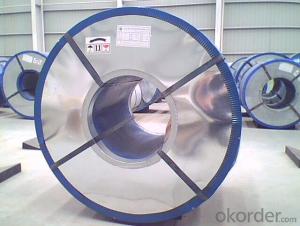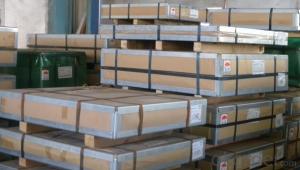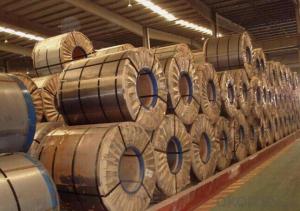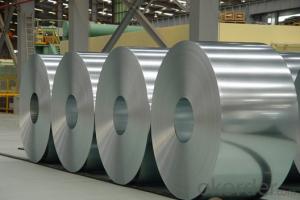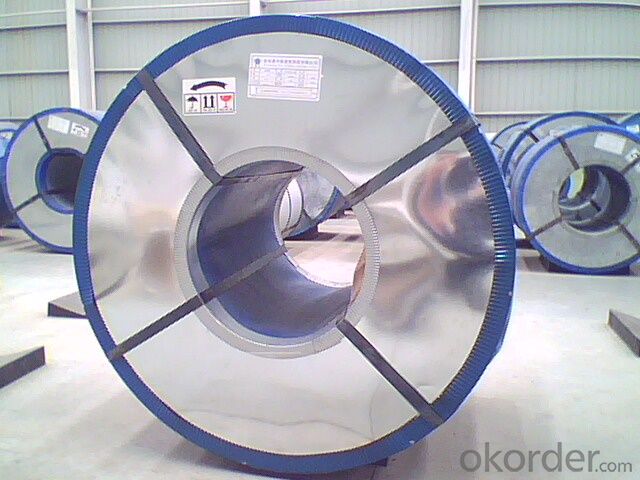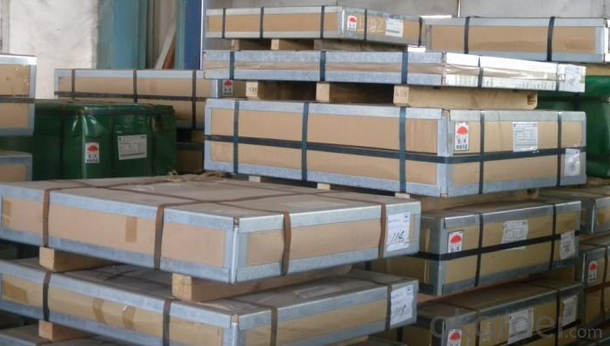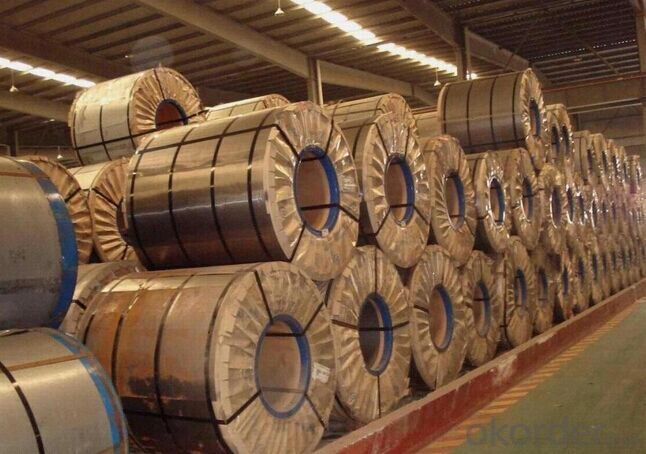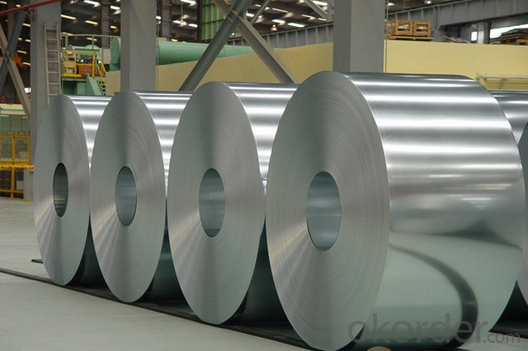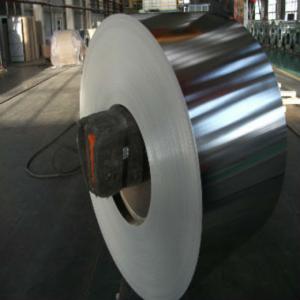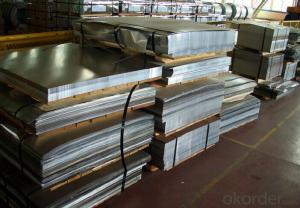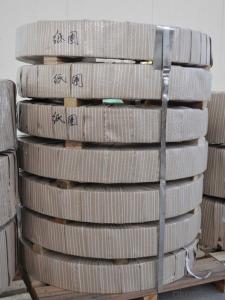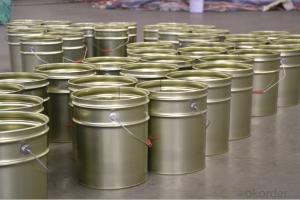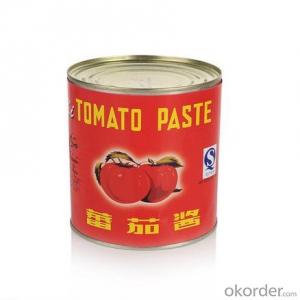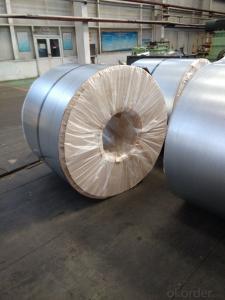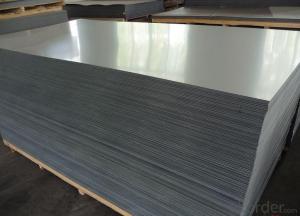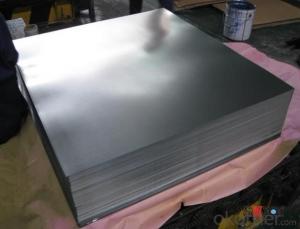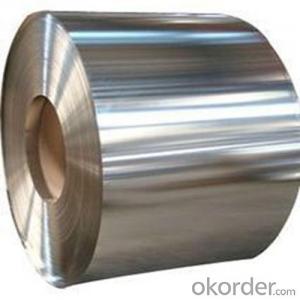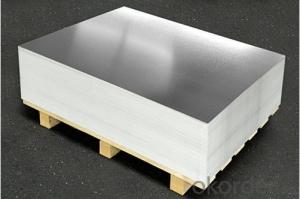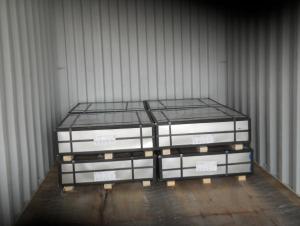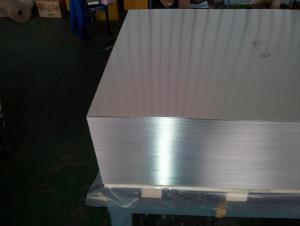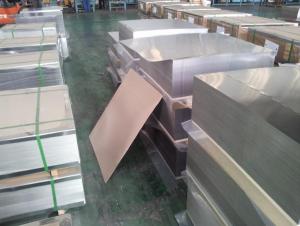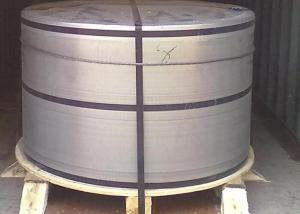Electrolytic Tinplates for Foods Can Packaging
- Loading Port:
- Tianjin
- Payment Terms:
- TT OR LC
- Min Order Qty:
- 25 m.t
- Supply Capability:
- 7000 m.t/month
OKorder Service Pledge
OKorder Financial Service
You Might Also Like
1.Structure of Electrolytic Tin Plate Coils and Sheets for Foods Metal Packaging Description
Electrolytic Tin Plate Coils and Sheets for Foods Metal Packaging, is one thin steel sheet with a coating of tin applied by electrolytic deposition. Tinplate made by this process is essentially a sandwich in which the central core is strip steel. This core is cleaned in a pickling solution and then fed through tanks containing electrolyte, where tin is deposited on both sides. As the strip passes between high-frequency electric induction coils, it is heated so that the tin coating melts and flows to form a lustrous coat.
2.Main Features of the Electrolytic Tin Plate Coils and Sheets for Foods Metal Packaging
Appearance – Electrolytic Tin Plate is characterized by its beautiful metallic luster. Products with various kinds of surface roughness are produced by selecting the surface finish of the substrate steel sheet.
Paintability and printability – Electrolytic Tin Plates have excellent paintability and printability. Printing is beautifully finished using various lacquers and inks.
Formability and strength – Electrolytic Tin Plates have got very good formability and strength. By selecting a proper temper grade, appropriate formability is obtained for different applications as well as the required strength after forming.
Corrosion resistance – Tinplate has got good corrosion resistance. By selecting a proper coating weight, appropriate corrosion resistance is obtained against container contents. Coated items should meet 24 hour 5 % salt spray requirement.
Solderability and weldability – Electrolytic Tin Plates can be joined both by soldering or welding. These properties of tinplate are used for making various types of cans.
Hygienic – Tin coating provides good and non toxic barrier properties to protect food products from impurities, bacteria, moisture, light and odours.
Safe – Tinplate being low weight and high strength makes food cans easy to ship and transport.
Eco friendly – Tinplate offers 100 % recyclability.
Tin is not good for low temperature applications since it changes structure and loses adhesion when exposed to temperatures below – 40 deg C.
3.Electrolytic Tin Plate Coils and Sheets for Foods Metal Packaging Images
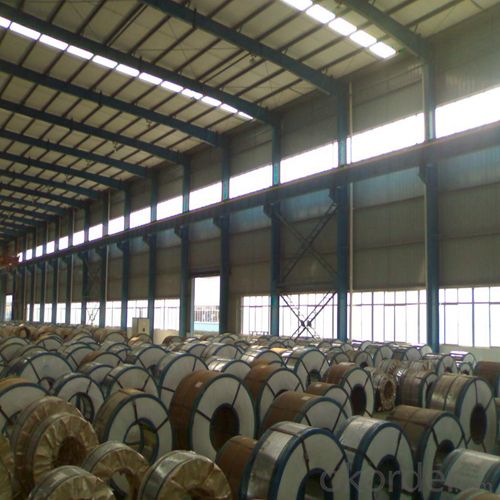
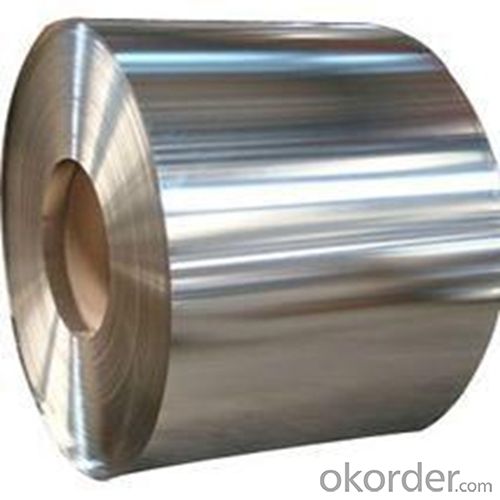
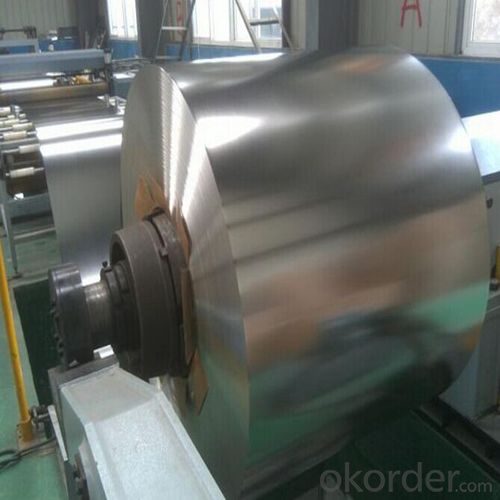
4.Electrolytic Tin Plate Coils and Sheets for Foods Metal Packaging Specification
Standard | ISO 11949 -1995, GB/T2520-2000,JIS G3303,ASTM A623, BS EN 10202
|
Material | MR,SPCC |
Thickness | 0.15mm - 0.50mm |
Width | 600mm -1150mm |
Temper | T1-T5 |
Annealing | BA & CA |
Coil Inner Diameter | 508mm |
Weight | 6-10 tons/coil 1~1.7 tons/sheets bundle |
Passivation | 311 |
Oil | DOS |
Surface | Finish,bright,stone,matte,silver |
5.FAQ of Electrolytic Tin Plate Coils and Sheets for Foods Metal Packaging
-What your tinplate material is used for ?
Tinplate is widely used for the packaging of products. Such as food cans,
beverage cans, pet cans, closures, general line cans and so on.
Printed Tinplate is offered!!
-How to place .an order or contact you ?
Please send us Email. we will give you a quick response in seconds .
- How is your quality ?
All our quality is prime even the secondary quality . We have many years experience
In this field with serious quality control standard . Advanced equipment, We welcome your visit to our factory .
- Q: Tin plated tin plated?
- Because of the punching after the incision site no tin layer, while most parts of surface layer of tin, the pretreatment process of adverse, removing tin layer will damage the substrate without removing the tin layer if not plating parts difficult to achieve uniform effect
- Q: How to test the tightness of tin metal cans?
- The empty tank which has been cleaned can be dried by 35, and the pressure or pressure leak test shall be carried out according to the equipment condition of each unit. B.1 pressure leak test, the empty tank will be carefully injected into the water until eight or nine into full, the rubber ring will be placed in the appropriate plexiglass plate at the opening side of the roll, so that it can be sealed. Start the vacuum pump, turn off the bleeder valve, hold down the cover by hand, control the pumping, and make the vacuum gauge rise from 0Pa to 6.8X10 PA (510mmHg) for more than 1min, and keep the vacuum above 1min.
- Q: What are the different grades of tinplate?
- The different grades of tinplate include Single Reduced (SR), Double Reduced (DR), and Electrolytic Chromium Coated Steel (ECCS).
- Q: Can tinplate be used for medical or pharmaceutical packaging?
- Yes, tinplate can be used for medical or pharmaceutical packaging. Tinplate is a strong, durable, and corrosion-resistant material that provides an effective barrier against moisture, light, and oxygen. It is commonly used for packaging pharmaceutical products, such as tablets, capsules, and ointments, as it helps to maintain their quality, integrity, and shelf life. Additionally, tinplate is also widely used for medical packaging, including sterilized instruments, bandages, and other medical devices, due to its hygienic properties and ability to protect the contents from external contaminants.
- Q: How is tinplate recycled and what are its recycling rates?
- Tinplate is recycled through a process called "tinplate recycling" where it is collected, sorted, and melted down to create new products. The recycling rates of tinplate vary depending on factors such as regional recycling infrastructure, collection efforts, and consumer awareness. However, on average, tinplate has a relatively high recycling rate of around 80-90% in many developed countries.
- Q: What are the different ways to seal tinplate containers?
- There are several different ways to seal tinplate containers, including using a metal lid with a rubber gasket, using a plastic or paper lid with a heat-sealed lining, using a twist-off cap with a tamper-evident seal, and using a peel-off foil seal.
- Q: How does tinplate perform in terms of corrosion resistance compared to other materials?
- Tinplate performs exceptionally well in terms of corrosion resistance compared to other materials. Its unique composition of steel coated with a thin layer of tin provides a protective barrier against moisture and oxidation, preventing rust and corrosion. This makes tinplate highly suitable for various applications, especially in the packaging industry, where it ensures the preservation and longevity of products.
- Q: Can tinplate be used for outdoor applications?
- Yes, tinplate can be used for outdoor applications. Tinplate is a durable material that offers excellent resistance to corrosion, making it suitable for outdoor use. It is commonly used in the construction of outdoor signage, containers, and packaging materials.
- Q: Can tinplate be soldered?
- Yes, tinplate can be soldered.
- Q: How does tinplate contribute to the efficiency of energy systems?
- Tinplate contributes to the efficiency of energy systems by providing a lightweight, durable, and corrosion-resistant material for packaging and storage of energy products. It helps in reducing energy loss during transportation and prolongs the shelf life of energy products, ensuring maximum utilization and minimizing waste. Additionally, tinplate can be easily recycled, reducing the energy required for manufacturing and promoting a sustainable energy system.
Send your message to us
Electrolytic Tinplates for Foods Can Packaging
- Loading Port:
- Tianjin
- Payment Terms:
- TT OR LC
- Min Order Qty:
- 25 m.t
- Supply Capability:
- 7000 m.t/month
OKorder Service Pledge
OKorder Financial Service
Similar products
Hot products
Hot Searches
Related keywords
